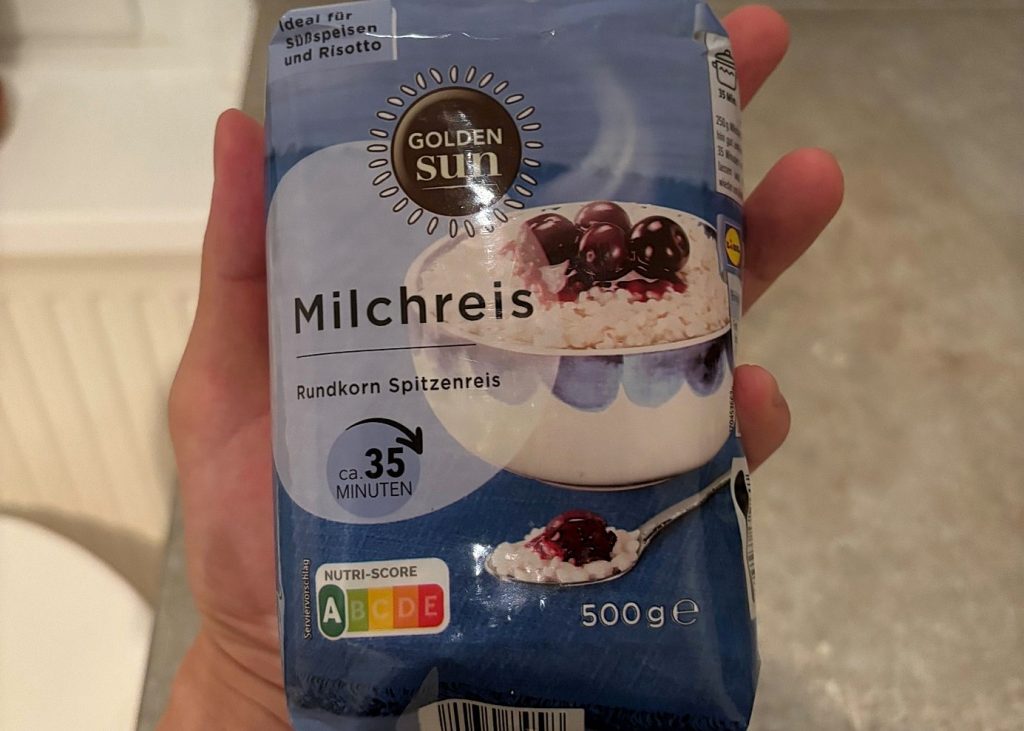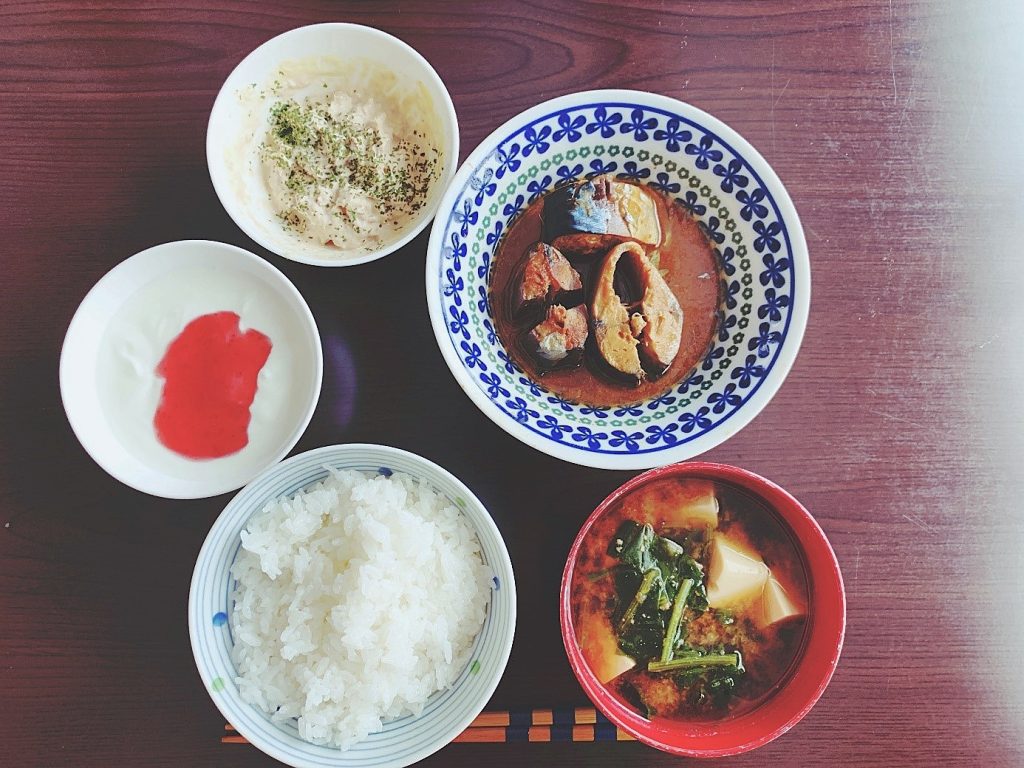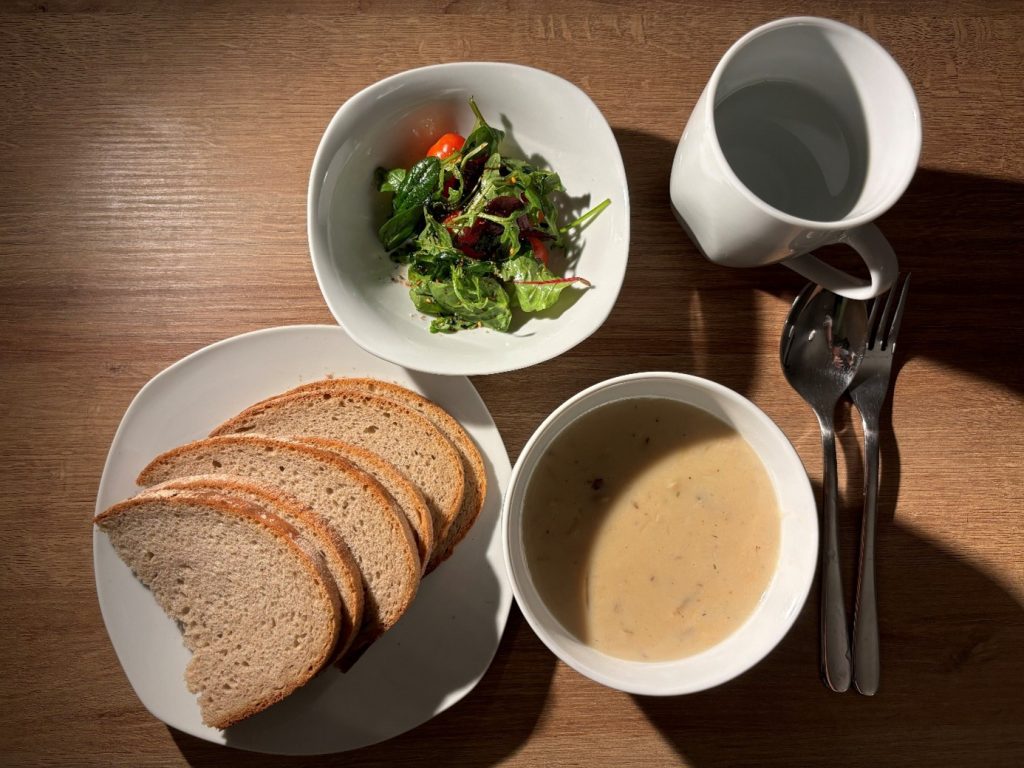by Masaharu Goto and Nils Ohnesorge
While the first official diplomatic relations between Japan and Germany date back to 1861, today’s generation of Japanese and Germans are more deeply connected than ever before through tourism, exchange programs, video games, anime or even the sushi restaurant around the corner. Over 9,000 km away from his home in northern Japan – Masaharu came to Berlin to study in Germany. He may be far from home, like many people, but the memories of Japanese home cooking are still close to him – they make him nostalgic. In the following interview, we record his fight against homesickness and his culinary journey.
Nils: Since you intend to stay here in Germany for a couple of years – how did you prepare yourself? Did you experience any inconveniences so far?
Masaharu: Well, the preparations were difficult for me: finding accommodation, enrolling at university and so on. And because of the weight restrictions for my luggage on the plane, I couldn’t bring any Japanese food to Germany – since I can’t buy many Japanese items here, my life became unexpectedly difficult.
Nils: How about food? Can you share any experiences or difficulties you encountered so far? Masaharu: Both countries have totally different food cultures. Good examples are rice and bread: While Japanese people prefer eating rice, German people usually eat bread. I do like German bread, but I really miss Japanese rice! Globalisation made it easier to buy foreign products in other countries, however, these items are still expensive and usually only available in big cities. In Berlin, I have relatively easy access to Asian ingredients, but in Trier, where I lived six years ago, Japanese rice is an unattainable luxury for poor students like me. That’s why I usually eat Milchreis (a type of round grain rice) instead of Japanese rice. But I feel uncomfortable because its taste is far from what I would eat every day in Japan. This is something that worries me at the moment.

Copyright © Masaharu Goto 2024
Nils: Oh, you’ve experience living in multiple places within Germany! You must have encountered some differences then?
Masaharu: Yes. In my opinion, people in Berlin eat much more fish than those in Trier. I guess it is because Berlin is closer to the sea, and many fishing companies can bring fresh ingredients to the city. Besides that, there are a lot of people from diverse backgrounds in Berlin. So, I can enjoy roaming around the city and find international dishes from East Asia, Turkey or Africa! On the other hand, I also love trying local dishes. Both cities are attractive!
Nils: You might be getting a bit nostalgic about your home. Is there something that you miss from Japan?
Masaharu: Yeah, I really miss Japan. Many people would imagine sushi and ramen when they are asked “What is Japanese food.” I can eat those famous Japanese dishes in Berlin, even though they are expensive here. But I am actually craving homemade Japanese food, such as nikujaga (simmered meat and potatoes) and saba no miso-ni (mackerel simmered in miso)! I can buy them everywhere in Japan, but here, their absence makes me feel homesick.

Copyright © Masaharu Goto 2019
Nils: How do you adapt to this feeling here in Germany? I assume the lack of konbini (convenient stores) is not that easy to manage?
Masaharu: Fortunately, I love cooking Japanese food, so I always cook at home. Although I can’t buy all the Japanese products in Berlin, it is possible to enjoy some dishes even with the limited number of ingredients or the ‘hard’ German water. On the other hand, when seeking ‘authenticity’ in a restaurant, I need to give up having a great meal or – otherwise – pay a lot. Personally, I don’t use konbini so much since the price of the products has recently gone up. Instead, I used to visit affordable drugstores like Tsuruha to buy frozen food.
Nils: I see. So, you cook for yourself a lot?
Masaharu: I have to admit, the taste of German food is stronger than the Japanese. My family cares about health – and I am the same. So, when I cook meals for myself, I always check out the nutrition beforehand and aim to maintain my health through food.

Copyright © Masaharu Goto 2024
Nils: Finally, I’d like to ask if you have any recommendations for people going abroad on how to adjust to their new life? Any sure-fire strategies?
Masaharu: Different countries have different food cultures! I believe, we need to respect our counterparts first. Though, at the same time, I understand that life abroad is quite tough to get accustomed to. I had that experience. But if you cook for yourself, such obstacles may disappear. Generally speaking, you are now able to buy the ingredients of your culture easily compared to the past. Thank you, globalisation! But behold! Before you travel abroad, I strongly recommend you practise cooking in advance!
Food is a crucial factor in creating an identity and creating a home. The interview with Masaharu shows not only how the globalization of food offers new opportunities to engage with different cultures, but also some difficulties: Prices are different, specialty supermarkets are not accessible in small towns and “authenticity” varies. Masaharu battles homesickness and often cooks for himself as he misses everyday Japanese cuisine. His experiences show that although the world is now (more) global, (re)inventing a home by (re)creating beloved food is not always easy...
Masaharu Goto and Nils Ohnesorge are students in the Master program Global East Asia at Freie Universität Berlin.
